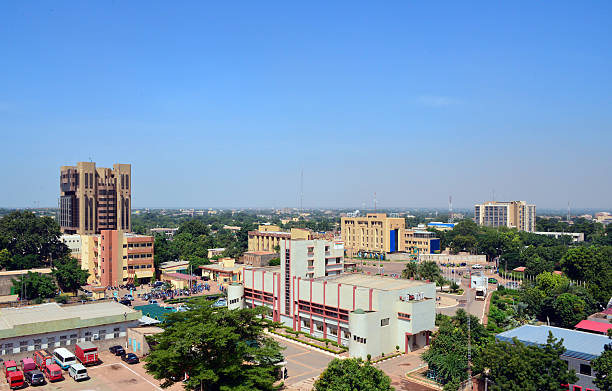nyssenate31.com – Burkina Faso, a country with a rich cultural heritage and significant natural resources, stands at a crossroads as it looks to shape its future. The path forward is fraught with challenges but also brimming with prospects for development and progress.
Challenges
- Security and Stability: The most pressing challenge facing Burkina Faso is the ongoing security crisis. The country has been grappling with attacks from Islamist militants and armed groups, leading to widespread insecurity and displacement. This instability undermines development efforts and hampers economic growth.
- Economic Diversification: The economy is heavily reliant on agriculture and mining, particularly gold. While these sectors are crucial, there is a need for greater economic diversification to create more sustainable and inclusive growth. This includes developing the manufacturing, services, and technology sectors.
- Infrastructure Development: Inadequate infrastructure, including roads, electricity, and water supply, is a significant barrier to development. Improving infrastructure is essential for connecting remote areas, facilitating trade, and enhancing the quality of life for citizens.
- Education and Skills Training: The education system faces challenges such as low enrollment rates, particularly among girls, and a lack of quality education. There is a critical need to invest in education and skills training to equip the workforce with the necessary skills for the modern economy.
- Climate Change: Burkina Faso is highly vulnerable to the impacts of climate change, including droughts, floods, and desertification. These challenges threaten agricultural productivity and food security, requiring urgent and effective adaptation strategies.
Prospects
- Agricultural Potential: Despite the challenges, agriculture remains a significant opportunity for Burkina Faso. Investing in modern agricultural practices, irrigation, and value-added processing can boost productivity and create jobs.
- Mining Sector: The mining sector, particularly gold, offers substantial potential for economic growth. Expanding exploration and production, while ensuring environmental sustainability and community benefits, can drive development.
- Renewable Energy: Burkina Faso has significant potential for renewable energy, including solar and wind power. Developing these resources can provide a sustainable energy supply, reduce reliance on fossil fuels, and create new economic opportunities.
- Digital Economy: Leveraging technology and building a digital economy can open new avenues for growth and job creation. Investing in digital infrastructure and promoting tech education can position Burkina Faso as a regional leader in innovation.
- Regional Integration: Strengthening ties with neighboring countries through regional integration initiatives like ECOWAS and the G5 Sahel can enhance security, promote trade, and facilitate infrastructure development.
Conclusion
The future of Burkina Faso is contingent upon addressing the significant challenges it faces while capitalizing on the prospects for development. Achieving stability, diversifying the economy, improving infrastructure, investing in education, and harnessing renewable energy are critical steps. Additionally, embracing regional integration and leveraging technology can unlock new opportunities for growth and prosperity. With concerted efforts from the government, international partners, and the private sector, Burkina Faso can navigate its challenges and build a brighter future for its citizens.
